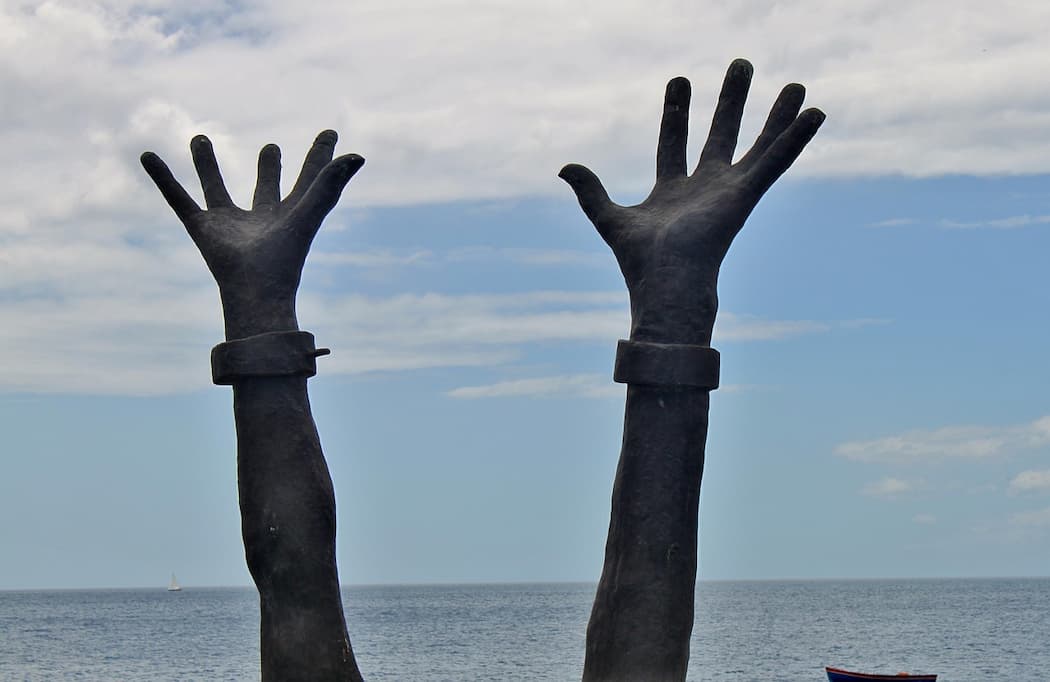Teach slaves to be subject to their masters in everything, to try to please them, not to talk back to them, and not to steal from them, but to show that they can be fully trusted, so that in every way they will make the teaching about God our Savior attractive.
--Parallel verses:
Matthew 6:24
No one can serve two masters. Either you will hate the one and love the other, or you will be devoted to the one and despise the other. You cannot serve both God and money.
Romans 6:17-18
But thanks be to God that, though you used to be slaves to sin, you have come to obey from your heart the pattern of teaching that has now claimed your allegiance. You have been set free from sin and have become slaves to righteousness.
Is the most important question: Who am I a slave to or what am I a slave to?
This is a trick question. They are both important. Paul talks about slavery in a few different contexts here. First in Titus, he talks about a class of worker or citizenship as a slave. In Biblical times, this type of slavery took two different forms.
Daniel and his friends Shadrach, Meshach, and Abednego were slaves in Babylon, in essence. They were conquered, moved from their homes, and told what they would do to serve the king.
As well, Jacob, when he wanted to marry Rachel, entered into servitude debt, where he became a slave for a period of time to pay her father to marry her.
As Jews and Gentiles became Christians, I’m sure there was some confusion about the Master and Slave relationship. Spiritually, we are all one body and each highly-valued by God. But in the world, slavery existed and it was not always a bad thing.
In the United States of America, as well as the rest of the world, we protect and fight for freedom and rightly so. It makes a huge difference in life and how society operates.
But even more important than personal freedom is spiritual freedom. “Jesus replied, ‘Very truly I tell you, everyone who sins is a slave to sin. Now a slave has no permanent place in the family, but a son belongs to it forever. So if the Son sets you free, you will be free indeed.’” (John 8:34-36). I like the term bondservant (a voluntary slave) when referring to being a slave to righteousness. Jesus set us free from the chains of sin and death, and calls us to follow him with a completeness of heart, mind and actions.
So Paul is helping Titus and his church to keep things in perspective. If you find yourself a slave, be a reflection of Jesus as a slave. This is not a waiver of your desire to be free, but instead a recognition that you have an obligation to a spiritual master, Jesus, to whom you are a slave by choice. And this obligation is to reflect his goodness and love to everyone regardless of their position or title, and without a thought to how they treat you.
True power, in life and spiritually, comes from being free to act like Jesus when those around me don’t deserve it or our tough situation means we don’t feel like it!
Lord, thank you for your encouragement through Paul in this passage. I am a slave to righteousness and a bondservant to you, Jesus. May I live in such a way that others are attracted to you and your saving grace!


